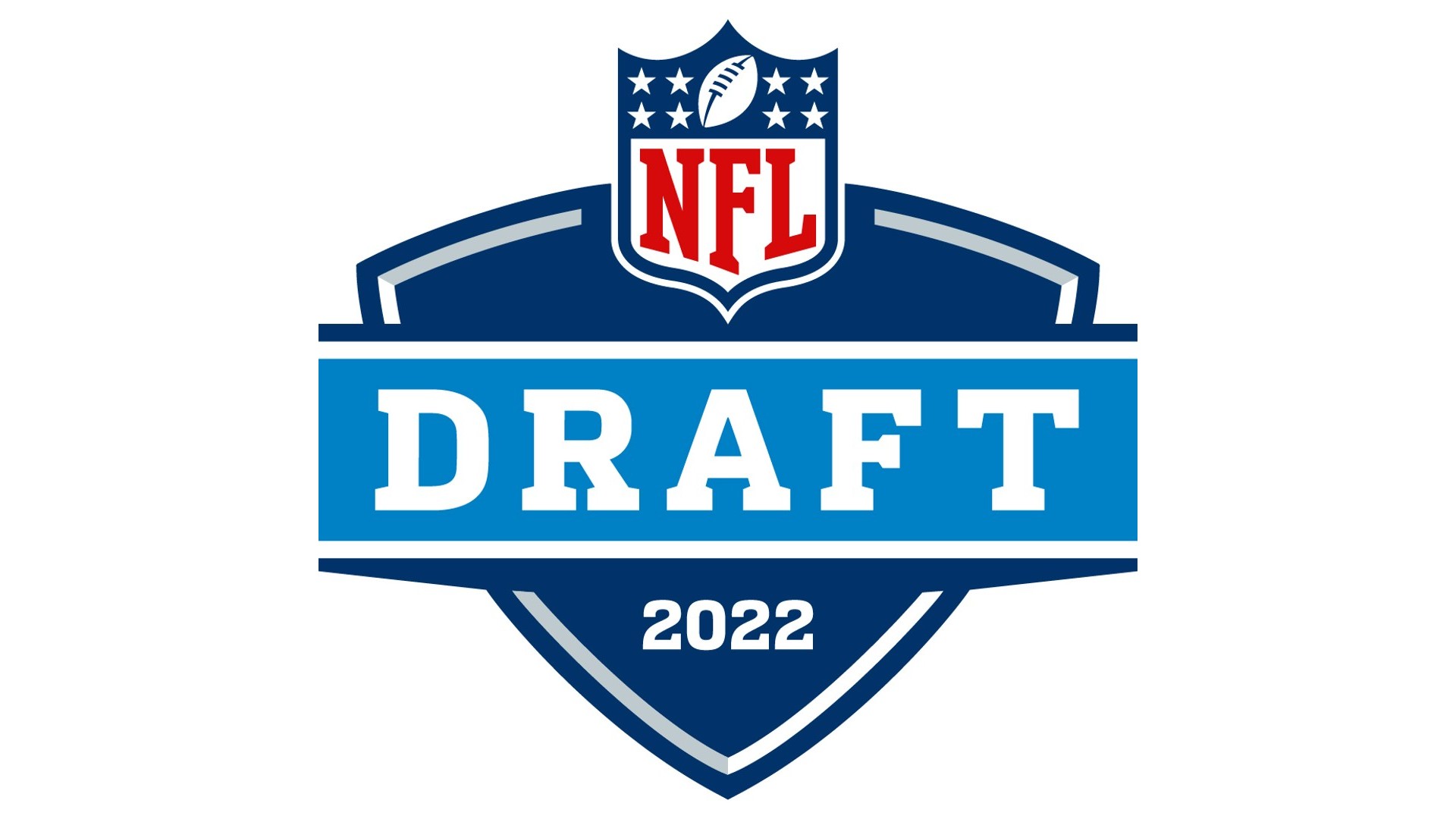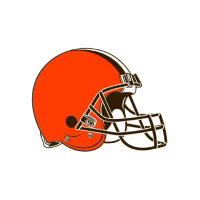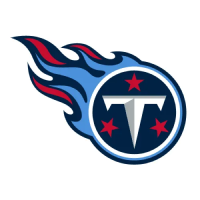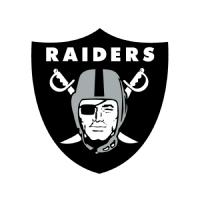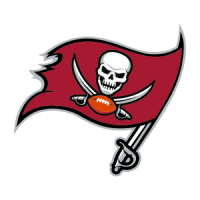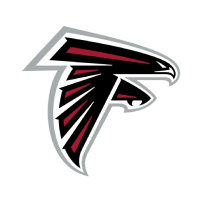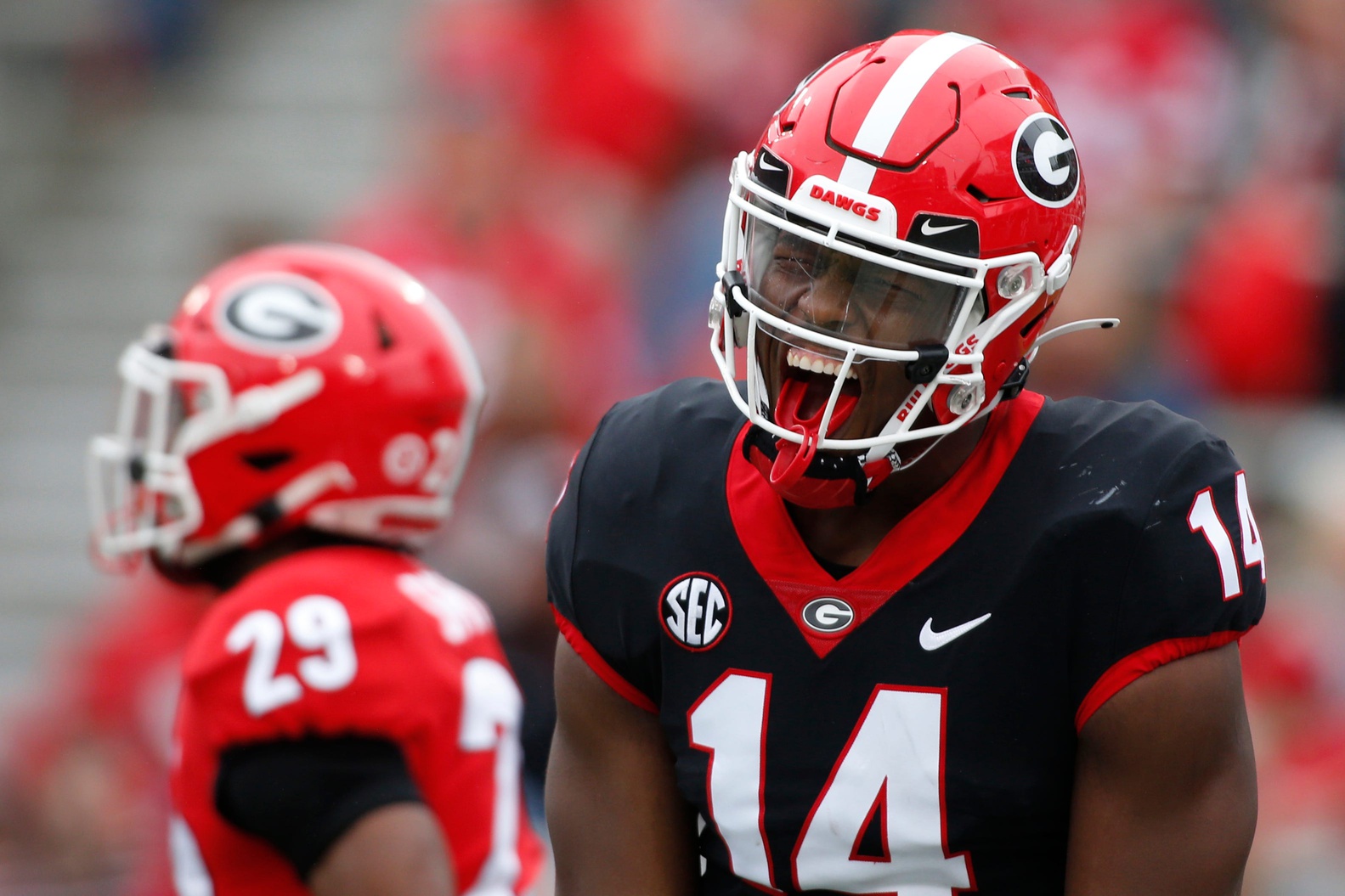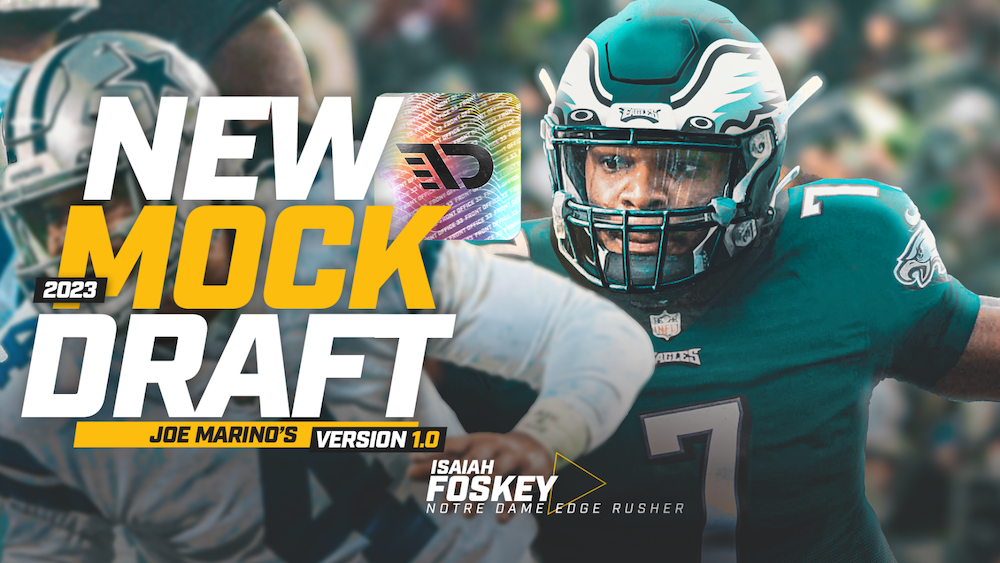What does it mean to be pro-ready?
For years we associated the term with poised, accurate quarterbacks that predominantly came from run-heavy collegiate offenses that forced them to line up under center. As we’ve moved into today’s spread offense era, the pro-ready label now has a lot less to do with taking snaps under center, but the common traits associated with the term remain the same.
When you think of playing right away, you think of quarterbacks with strong mechanics. You think of smart, educated throwers who had a ton of reps in college. You think of pocket passers that read the field and facilitate. Recent draft picks who checked (most of) those boxes were Jared Goff, Josh Rosen, Dwayne Haskins, and Tua Tagovailoa.
Now, when you flip the script and look at recent prospects who were considered raw and developmental, a lot of other traits rise to the top.
Predominantly relating to physical attributes, we tend to consider most elite athletes and most rocket-armed throwers not ready for the NFL game, in large part due to their reliance on said physical gifts. Recent draft picks who checked (most of) those boxes were Lamar Jackson, Dak Prescott, Josh Allen, and Justin Herbert.
Notice anything?
The quarterbacks who made the biggest NFL impact right away fell into category B. The players that took a long time to develop—or didn’t even pan out entirely—were in category A.
Now, what does it mean?
Well, it means that our entire notion of what makes a quarterback “pro-ready,” at least in this day and age, is entirely wrong.
https://twitter.com/Zach_Segars/status/1357458335205761024?s=20
Mobility is Key
Since Russell Wilson and Robert Griffin III burst onto the scene in 2012—and even back to the Michael Vick days before that—we knew speed, running, and escapability would be an integral part of the evolution of the modern quarterback. What we didn’t know was how much it would help quarterbacks at the immediate start of their careers.
From Colin Kaepernick jumping in as a replacement for Alex Smith to Cam Newton setting every rookie record possible to even Jackson leading the Baltimore Ravens to the playoffs in his rookie year, quarterbacks who can run and extend plays with their legs have had more success early in their careers than those who can’t. Although not everyone can sustain it for their entire careers (think Kaepernick, Griffin, Carson Wentz, among others), remember that we aren't talking about long-term outlook here, only immediate impact. And time and time again it’s been established that running provides more of an immediate impact than any other trait out there.
So, yes, Jackson will be called a wide receiver in the pre-draft process and Rosen will be labeled a gifted thrower, but when both don’t have a clue what to do when they drop back to pass in Week 2, Jackson can make a bit of magic and Rosen can’t. It’s that simple.
https://twitter.com/thorku/status/1364340031624679425?s=20
Bigger, Stronger, Faster, Better
Although mobility is arguably the most important trait if you want to make an instant impact, it’s also been proven general athleticism is a huge initial advantage too. Whether it be a strong arm, a big frame, or really any physical gift, the more athletic you are, the more room for error (generally speaking) you have for yourself when you inevitably make a mistake. If you’re a little late on a read, more velocity can make up for it. If you don't see a blitzer and need to shake him off to make a throw, your strength can save you. If you run out of receiving options and need to tuck and run, you can.
This is all common knowledge—these principles are the reason we care about athletic testing, the reason we have a combine, heck, the reason Blake Bortles is drafted third overall. But whereas athleticism is generally viewed as something that makes a player's ceiling higher (for the reasons mentioned above), we also need to view it as something that bumps a quarterback’s floor up too.
Using Kent Lee Platte’s patented ‘RAS’ athleticism model, which “provides a metric that can easily and intuitively gauge a player’s athletic abilities relative to the position they play,” we can see the clear correlation between athleticism and pro-ready ability.
| Quarterback | RAS Score |
|---|---|
| Justin Herbert | 9.71 |
| Carson Wentz | 9.68 |
| Josh Allen | 9.65 |
| Jalen Hurts | 9.54 |
| Drew Lock | 9.35 |
| Deshaun Watson | 9.32 |
| Mitchell Trubisky | 8.63 |
| Dak Prescott | 8.39 |
| Patrick Mahomes | 8.35 |
| Daniel Jones | 8.15 |
| Josh Rosen | 6.87 |
| Jared Goff | 6.10 |
| Sam Darnold | 5.60 |
| Baker Mayfield | 4.71 |
| Dwayne Haskins | 3.47 |
Generally speaking, the quarterbacks that ranked above 7 started their careers off very well (yes, even Lock) and the prospects under the 7 mark are the ones who flamed out awfully quickly (the exceptions being Mayfield and Trubisky).
Although Tagovailoa, Burrow, Jackson, and Murray (among others) didn’t have enough testing to get complete RAS scores, we can also assume the former would have had a subpar mark at best, while the latter 3 all would have been well above the 7 threshold.
Of course, other factors are at work besides “who is the better athlete,” but the proof is in the pudding. The more physically gifted, the better your chance at being great in the NFL right away.
Defining the Mental Aspect
As mentioned at the top, the majority of people who think "pro-ready" associate the term with smarts and intelligence (among other things). But what exactly are we talking about when the mental side of the game is brought up?
Largely, being mentally prepared has to do with processing and making smart decisions, but every scheme and every system requires their quarterbacks to do things differently. We don’t know what the coaches are asking them to do, what's being drawn up on every play, and whether or not they’ll improve in that regard once they hit the pro level (ahem, Herbert). We seem to think that relying on physical gifts is risky because the “mental side”' may never come along, but it turns out the mental side is infinitely harder to predict. So, what happens when we end up with this big unknown is that we start making assumptions, lumping in certain types of quarterbacks to fit our preconceived notions of what "pro-ready" is. Generally speaking, we often think that the less physically talented players are more mentally prepared, simply because they need to be, and the bigger, faster ones are the slower processors because they’ve relied more on their athleticism up until this point. This is also where—whether intentional or not—race becomes a factor.
Ninety-nine out of 100 times, people will tend to consider the preppy 5-star quarterback that went to UCLA to be a more pro-ready, safer pick, whereas the black running quarterback from Louisville will be labeled the riskier, higher upside choice. Except nothing’s pro-ready about that UCLA quarterback if he’s nearly out of the league in three years and can’t identify a MIKE linebacker—yes, I’m looking at Rosen—and nothing’s risky about an elite athlete who won a Heisman and has enough talent to form an entire scheme around (Jackson). And nothing’s wrong with calling out our current conception of "pro-ready" as vastly outdated.
https://twitter.com/BenjaminSolak/status/1380939712270057476?s=20
Final Thoughts
At the end of the day, redefining the phrase "pro-ready" doesn’t make quarterback evaluations much easier. But if we can establish that better athletes have higher floors—as well as seeing through the mental stereotypes that currently exist around the position—we’ll have a much better time understanding football’s most difficult position.
Filed In
Related Articles
NFL Draft
Arik Gilbert Doesn’t Need Big Workload To Be A Top NFL Draft Pick
- Aug 22, 2022
NFL Draft
2023 NFL Mock Draft: Marino 1.0
- Aug 22, 2022
Written By
